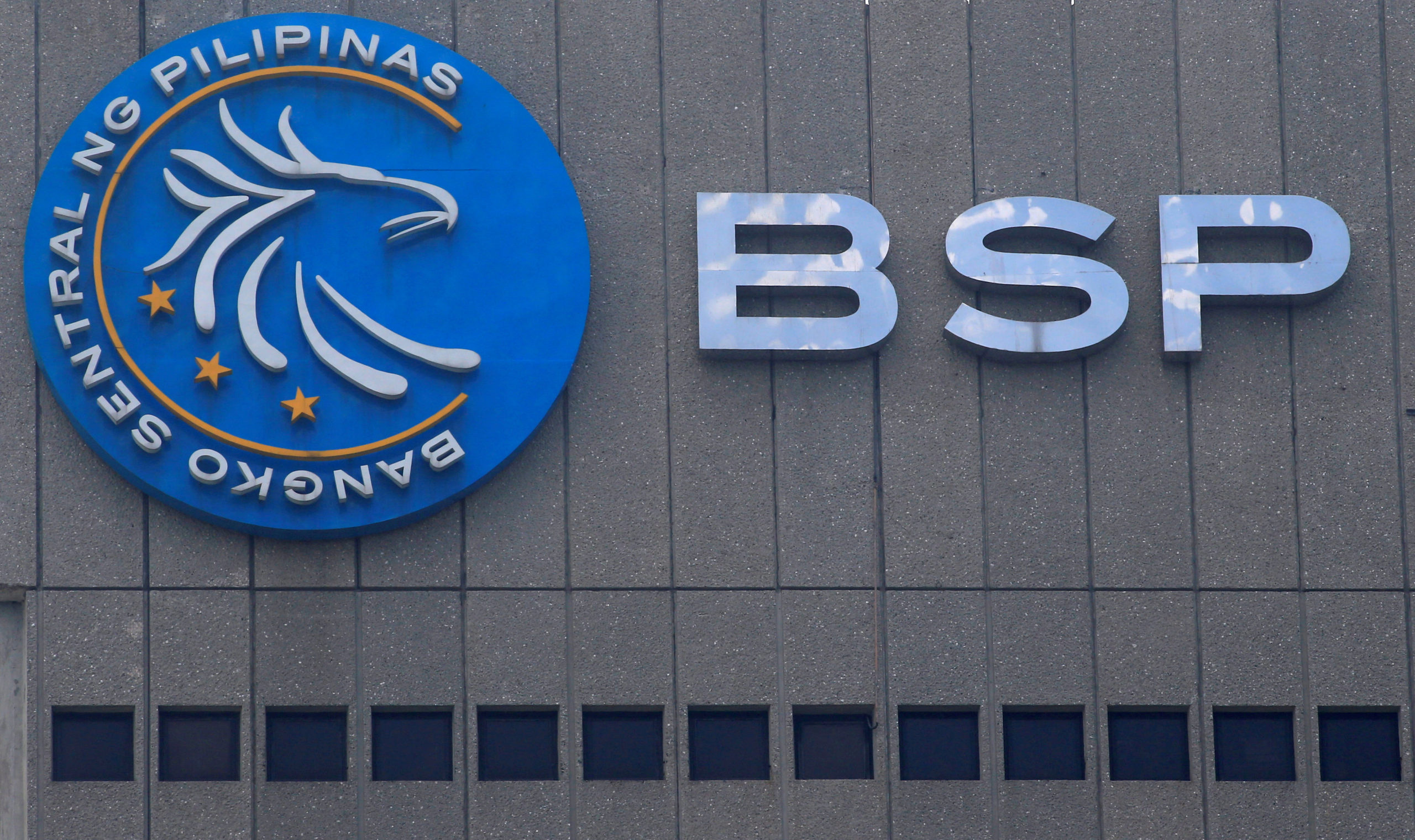
FILE PHOTO: A logo of Bangko Sentral ng Pilipinas (Central Bank of the Philippines) is seen at their main building in Manila, Philippines March 23, 2016. REUTERS/Romeo Ranoco
MANILA, Philippines – Foreign direct investments (FDI) in the Philippines contracted for the second year in 2023 amid risk aversion among investors triggered by a “subdued” global economic growth and geopolitical risks.
There was a net FDI inflow of $8.9 billion in 2023, down by 6.6 percent year-on-year, the Bangko Sentral ng Pilipinas (BSP) reported on Monday.
In December alone, net inflow grew 29.9 percent to $826 million. A net inflow means more FDI entered the economy against those that left.
“Notwithstanding the country’s sound macroeconomic fundamentals, concerns over subdued global economic growth and geopolitical risks continued to weigh on investors’ investment plans,” the central bank said.
Data showed it was the second year that FDI posted an annual decline, although the 2023 haul was better than the $8 billion net inflow projection of the central bank for last year.
READ: PSA: Committed FDIs soared to record-high P889.07B in 2023
Unlike the so-called “hot money” that enters and leaves markets with ease, FDI are firmer capital inflows that generate jobs for people. That said, the government wants existing FDI to stay, while attracting new ones.
Sound fundamentals
Broken down, equity placements, a measure of new FDI, totaled $1.8 billion in 2023, down by 16.7 percent.
Most of the fresh FDI came from Japan, which had a 51 percent share to total inflows, followed by the United States (13 percent), Singapore (12 percent) and Germany (8 percent).
READ: ‘Hot money’ disappoints with $247-M outflow in 2023
The bulk of the new placements went to manufacturing, real estate and financial and insurance sectors.
Withdrawals, meanwhile, reached $547 million, more than double the amount of foreign capital that left the country in the preceding year.
On a net basis, new FDI totaled $1.3 billion in 2023, plummeting by 34 percent.
Overall, much of the FDI last year were in the form of intercompany borrowings between multinational companies and their local affiliates in the Philippines, which rose at an annualized rate of 1.3 percent to $6.3 billion. Reinvestment of earnings sagged by 3.6 percent to $1.2 billion in 2023.
“We’re hoping momentum for growth continues in 2024,” said Nicholas Mapa, senior economist at ING Bank in Manila. INQ